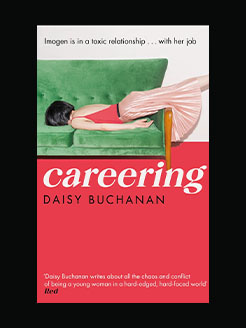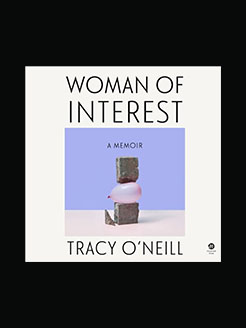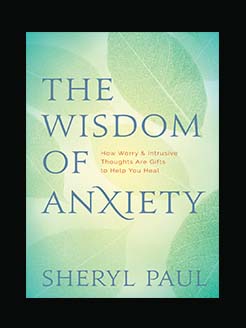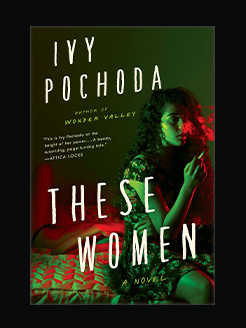Published in 2017
224 pages
Lúcia Nagib is Professor of Film and Director of the Centre for Film Aesthetics and Cultures (CFAC) at the University of Reading. Her research has focused, among other subjects, on polycentric approaches to world cinema, new waves and new cinemas, cinematic realism and intermediality. She is the author of World Cinema and the Ethics of Realism (Continuum, 2011), Brazil on Screen: Cinema Novo, New Cinema, Utopia (I.B. Tauris, 2007), The Brazilian Film Revival: Interviews with 90 Filmmakers of the 90s (Editora 34, 2002), Born of the Ashes: The Auteur and the Individual in Oshima’s Films (Edusp, 1995), Around the Japanese Nouvelle Vague (Editora da Unicamp, 1993) and Werner Herzog: Film as Reality (EstaçãoLiberdade, 1991). She is the editor of Impure Cinema: Intermedial and Intercultural Approaches to Film (with Anne Jerslev, 2013), Theorizing World Cinema (with Chris Perriam and Rajinder Dudrah, I.B. Tauris, 2011), Realism and the Audiovisual Media (with Cecília Mello, Palgrave, 2009), The New Brazilian Cinema (I.B. Tauris, 2003), Master Mizoguchi (Navegar, 1990) and Ozu (Marco Zero, 1990).
Julian Ross is a University Lecturer at the Centre for the Arts in Society.
What is this book about?
Films are produced, reviewed and watched worldwide, often circulating between cultural contexts. The book explores cosmopolitanism and its debates through the lens of East Asian cinemas from Hong Kong, China, Malaysia and Singapore, throwing doubt on the validity of national cinemas or definitive cultural boundaries. Case studies illuminate the ambiguously gendered star persona of Taiwanese-Hong Kong actress Brigitte Lin, the fictional realism of director Jia Zhangke, the arcane process of selection for the Best Foreign Film Oscar and the intimate connection between cinema and identity in Hirokazu Koreeda’s Afterlife (1998). Considering films, their audiences and tastemaking institutions, the book argues that cosmopolitan cinema does not smooth over difference, but rather puts it on display.







